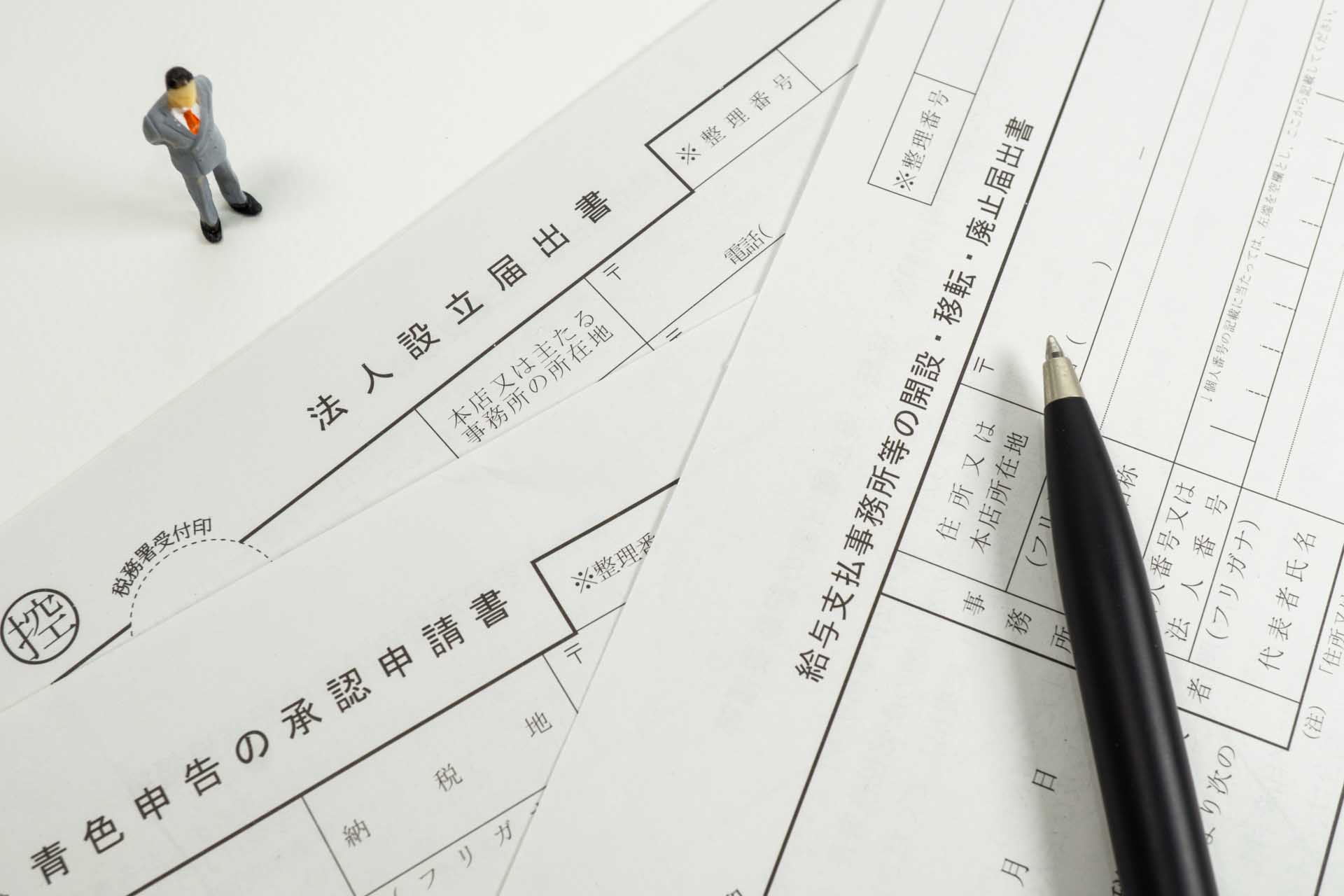Insights >
How to succeed with B2B marketing in Japan


New: 2025 Travel Industry Trend Report | download for FREE >>


If you are a B2B business looking to enter the Japanese market, there is so much more to do than simply translating your website into Japanese. In fact, we prepared a checklist on successful Japanese market entry, which is not B2B specific, but can be a good starting point to ensure you have all of your ducks in a row before launching Japanese campaigns. Luckily, we’ve learnt a lot from the successes of our B2B clients, and we’re happy to share these tried-and-tested 10 steps for successful market entry into Japan.
Most of our successful clients have an in-house Japanese Country Manager or team who understands Japanese and can oversee all of the Japanese marketing activities. Other businesses that have done well have hired an agency who have asked for our help, specifically with the Japanese market. Whether you have someone in-house or at an agency, it’s important to have a team who understands the Japanese market and can speak and write in native Japanese. You can refer to our guide on how to choose an agency for further reference.

Did you know that less than 10% of the Japanese population consider themselves proficient in English? In fact, a whopping 70% believe they are poor at it according to this Rakuten survey. Not only is it important to have your website in Japanese, but it needs to read well and communicate the messages correctly through transcreation. Ensure that your localisation company has a native speaker on their team or contact us for our website localisation service.
While proper localisation is important, it’s also crucial to optimise your Japanese website for SEO as well. Your Google and Yahoo! JAPAN SERP ranking being high will ultimately help you gain leads organically. For this, ensure that you select your Japanese keywords carefully and weave them throughout your website.
Content marketing in the Japanese B2B scene is running a little behind the west, which poses a great opportunity for businesses willing to invest in original Japanese content. Some proper market research and social listening (link to B37) can help to define the audience and topics for your content. Not only will having Japanese content allow you to post on owned and social media, but your SEO will also benefit tremendously from it as well. Whatever post you create, make sure to include Japanese events and holidays in your content calendar.
While you’re waiting for your organic search marketing results to come to fruition, make sure to run brand awareness and marketing campaigns on Japan’s largest digital media. Yahoo! JAPAN has the no.1 PC penetration and reach for business managers in Japan, making it the best platform to promote your B2B business. If you are unfamiliar with Yahoo! JAPAN or require help with how to create a Japanese PPC strategy, our team offers complimentary support to Yahoo! JAPAN advertisers. Here is a fintech case study of how we helped a B2B company succeed in increasing event registration using Yahoo! JAPAN display ads. Contact us for free assistance on how to open an account and receive regular product updates and reports in English.
When creating your social media plan for Japan, it’s important to note which social media channels are being used by whom in Japan. The top social media platform for B2B in Japan is not LinkedIn. In fact, it’s actually Facebook, but where the global average of social media use for work is 43%, it’s only 15% in Japan, coming in 2nd to last out of all the surveyed countries in this We Are Social Digital 2020 report. Although we cover how the Japanese use social media platforms, we believe it’s best to research before opening any social media account to ensure you are using the right channels to reach the correct target audiences.
Physical presence is still important in Japan as many decision makers still work in traditional business settings. This is, however, changing for startups and younger companies who are embracing digital transformation and remote work. Because of this, B2B companies are able to effectively market their business through digital channels alone. That being said, it may be worth investing in opening an office in Japan depending on your industry – especially if you are planning on having a Japanese team locally in the future.

For niche business audiences, it may be best to run promoted editorial content on industry-specific publications and sites. It’s also possible to run a PR campaign to promote the launch of your business in Japan. Ensure to work with a reliable PR agency or contact us for assistance.
Depending on your industry, it may be necessary to make business contacts at conferences and tradeshows in Japan. This has become increasingly difficult with the ongoing COVID-19 pandemic, and Japanese firms are taking this opportunity to accelerate digital transformation. Despite the risk of infection, Japanese people still put importance on face-to-face contact and meetings, and often prefer to work with suppliers they have met and can trust. We recommend researching local restrictions and advisory warnings before attending events and only do so when safe to do so. Regardless of events being in person or online, it may be best to work together with a local partner who can help you navigate through these B2B events in Japan.
As we just mentioned, as a non-Japanese business entering Japan physically, it may make your market entry smoother if you work with a local partner or consultant. This can help you build trust with Japanese businesses. Once you are based in Japan, it will make it a lot easier for you to establish partnerships with local businesses you share synergies with.
There are some great organisations, like JETRO and Export To Japan, who can consult you regarding supplier partnerships and office setup in Japan.

If you plan on going to Japan, we highly recommend learning about Japanese business etiquette before interacting with Japanese businesses. Japan has a unique set of rules on how to behave within a Japanese business context. For starters, always carry around business cards with you and bring a gift if you are seeing a client. Unfortunately, it’s much more complex than that. We recommend getting coached by someone familiar with Japanese business culture or take an online course like the ones offered by JCO.
Ready to take your B2B business to Japan? There are several steps introduced in this article that require support from an agency. We at DMFA employ Japanese digital marketers with experience supporting clients with B2B online marketing. In addition, as a SoftBank subsidiary, our strength is in our network of organisations that are equipped to further help businesses aiming to enter the Japanese market. Contact us to learn more about how we can support B2B companies with digital marketing.